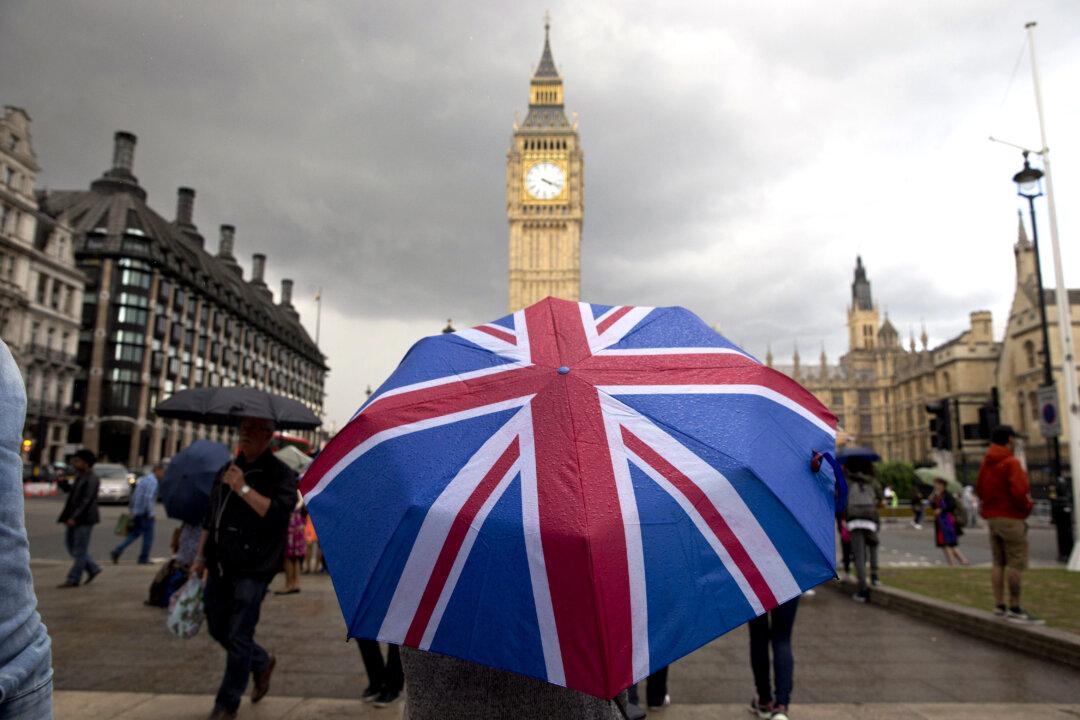After 72 hours there is nothing to change the minds of traders and investors who largely weren’t prepared for Brexit. So markets continue in a risk-off mode as more questions pop up and answers are sorely lacking.
It cannot be said that markets didn’t have time to prepare since British Prime Minister David Cameron promised a referendum on British EU membership in the beginning of 2013.
But the complexity of the different scenarios, including a second referendum and the modalities of how Britain will exit the EU were too much to stomach, so traders kept selling stocks, the British Pound, and the euro, while they stocked up on gold and government bonds.
Sterling Crushed
The pound gave up all of its recovery on Friday and plunged to $1.32 in early Monday trading. The ratings agency Moody’s downgraded the outlook for British sovereign debt to negative, citing concerns over growth and the Budget deficit.






